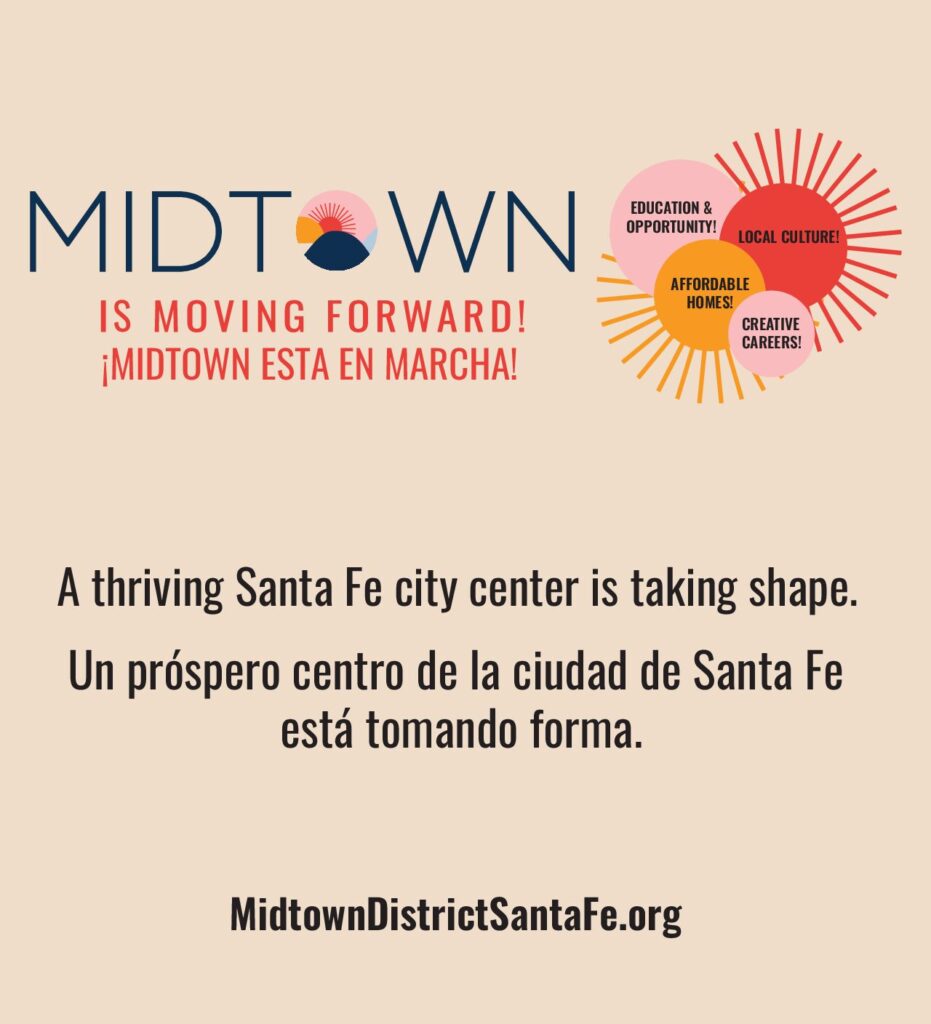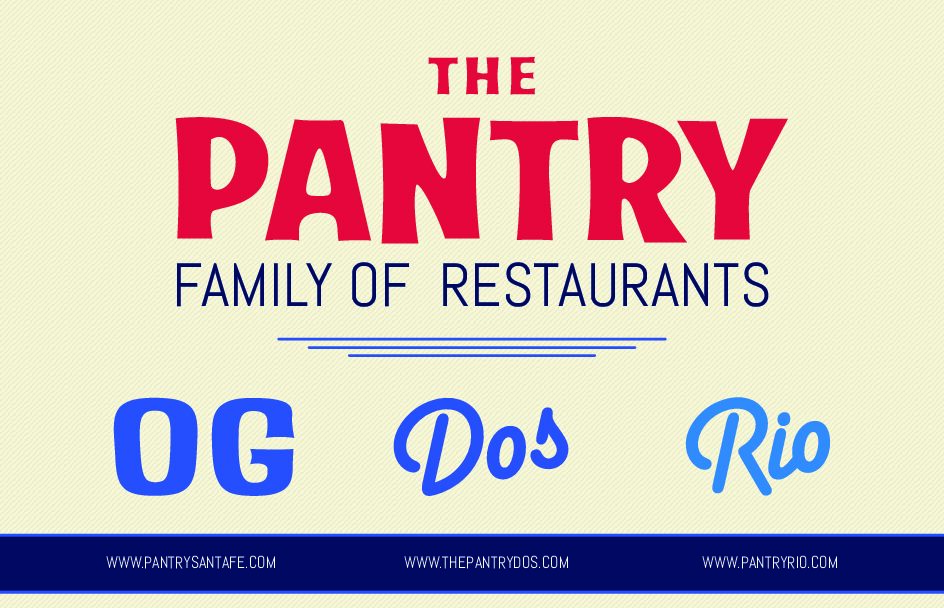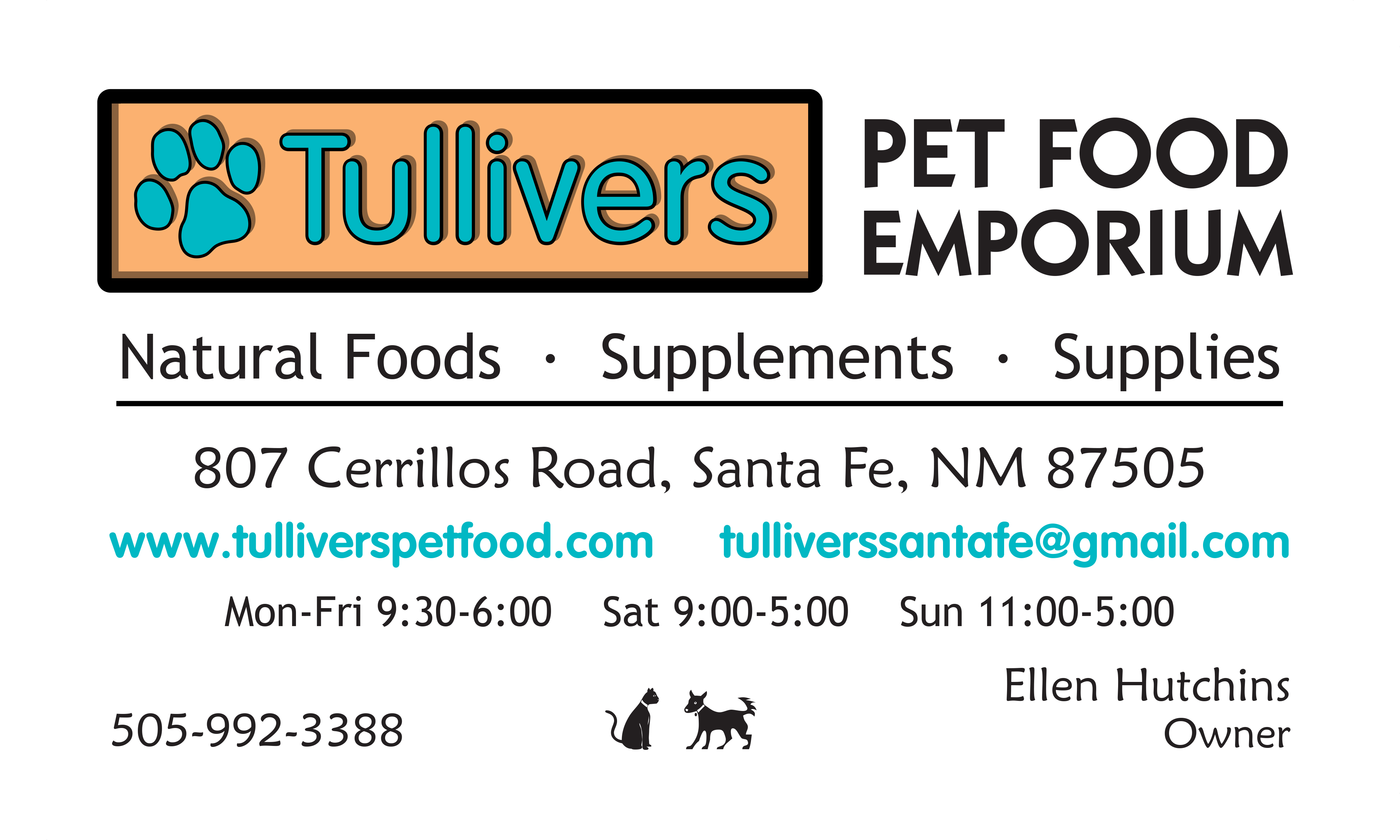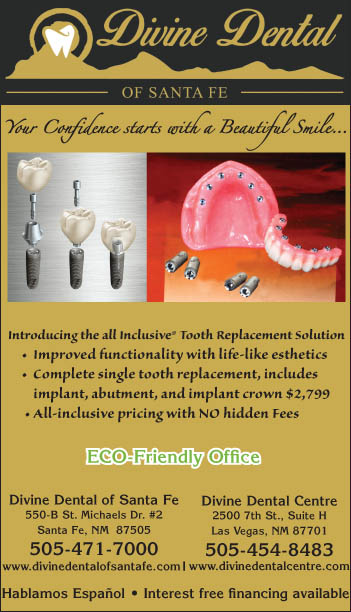This long opinion piece is filled with wild speculation that is intended to induce unjustified anxiety in a dietary choice that is rightly increasing in popularity.
The BBC article How a vegan diet could affect your intelligence is the most sensationalist, inaccurate and biased piece of journalism I have read in some time.
The writer Zaria Gorvett admits there is no actual evidence demonstrating that a vegan diet leads to reduced intelligence, but she suggests it makes ‘intuitive sense’ that it does.
She then goes on to fill a long opinion piece with wild speculation that is intended to induce unjustified anxiety in a dietary choice that is rightly increasing in popularity.
Appeal to authority
Gorvett starts with an appeal to authority by giving an irrelevant story about Gandhi experimenting with eating meat, before turning to veganism, which turned him into a ‘living skeleton.
There is no mention of the effect on his intelligence and appears merely to be an attempt to reinforce an outdated stereotype. She then appeals to the idea that meat-eating is natural and necessary by stating that eating meat was important for human evolution.
This ignores the evidence that it was the consumption of carbohydrates, especially starch, that accelerated expansion of the human brain, and that our human ancestors were nearly all vegetarian.
Children
The author’s ‘concerns’ that developing children will not get sufficient nutrients for brain development are again completely unfounded as the British Dietetic Association and the Academy of Nutrition and Dietetics in the US both state that vegan diets are suitable for all stages of life, including pregnancy, breastfeeding and childhood.
As long as you follow the advice for vegan diets there is no cause for concern.
She also ignores the fact that deficiencies in vitamins such as vitamin D are common in all breastfed babies, whether their mothers are vegan or not, and that is why the NHS advises that all breastfeeding mothers should take supplements.
She mentions a recent alarmist opinion piece on choline, but does not mention that the author Emma Derbyshire is a lobbyist for the Meat Advisory Panel, and that the piece has been extensively debunked.
Bias
The choice of language gives away her bias; for example, children who have vegan diets ‘forced’ on them. All parents make a choice about what to feed their children. Diets can be nutritionally poor whether they are vegan or omnivorous, for example, the tragic case of the teenager left blind and deaf after eating a diet of sausages and processed foods. Demonising vegan diets alone is unjustified and unfair.
The article fails to mention that the cited study showing Kenyan children doing better on a test after eating some meat was funded by the National Cattleman’s Beef Association and has many methodological flaws – such as the lack of a plant-based protein as a comparator, and is not applicable to Western vegans who supplement with vitamin B12.
Lack of scientific integrity
The inclusion of a non-systematic review and regular quotes by Nathan Cofnas also demonstrate bias and lack of scientific integrity.
It is claimed that he is a ‘biologist’, when in fact he is actually a philosophy student with no training in nutrition. His main area of interest appears to be, controversially, the supposed differences in intelligence between racial groups, and doubts about the consensus of opinion on causes of climate change.
Nutrients
The article then goes on to mention several nutrients that are supposedly difficult to obtain. For example, to get enough vitamin B6 you ‘need to eat five cups a day of potatoes’, which is ‘not particularly practical’.
In fact, the US National Institute of Health’s factsheet on Vitamin B6 shows that there are several sources, with chickpeas at the top of the list. You need only eat half a can a day (or the equivalent amount in humus form), plus one banana and one cup of potatoes to get more than the recommended amount. Not so onerous after all.
Vitamin B12
Farmed animals are routinely injected with vitamin B12. It is, therefore, true that vegans must ensure an adequate intake of vitamin B12 from fortified foods or a supplement, and Veganuary and other vegan organizations make this very clear, as I do with my vegan patients.
Unfortunately, the majority of vegan participants in the quoted EPIC studies were not taking a supplement so it is not surprising there were high levels of deficiency. The absorption of vitamin B12 also decreases with age, which is why the official dietary guidance in the US is that everyone over 50 (including meat eaters) should take a B12 supplement.
As a GP, I encounter vitamin B12 deficiency very commonly, and the vast majority of these patients eat animal products. There is a strong argument for more widespread B12 fortification; for example wheat flour is fortified by law with calcium, iron, thiamine and niacin, why not vitamin B12 too?
Vitamin D3 deficiency is common in the UK given that 90 percent is obtained from the sun, and for this reason, Public Health England suggests everyone takes a vitamin D supplement in the autumn and winter. Vegans are no exception to this.
 Gorvett suggests that haem iron (iron from animal products) is superior to non-haem (plant-based iron) but there is no evidence for this whatsoever (Photo: Adobe)
Gorvett suggests that haem iron (iron from animal products) is superior to non-haem (plant-based iron) but there is no evidence for this whatsoever (Photo: Adobe) Tarine
Vegans have lower levels of taurine but there is no evidence this is harmful. Taurine is manufactured in the body from cysteine, of which there are many good vegan sources, including lentils, oats, soy, sunflower seeds and walnuts.
Vegans can obtain omega 3 from walnuts, rapeseed oil, chia seeds and flaxseeds which is then converted to the active form (DHA and EPA) in the body, or they can take the active form directly in the form of an algae supplement.
There is also an implication in the article that the higher the serum concentrations of certain nutrients, the better. There is no evidence for this, and in fact, can be harmful. Take choline for example; the author completely ignores the wealth of evidence that high choline intake is associated with cardiovascular disease.
(For the source of this, and many other equally interesting articles, please visit: https://www.plantbasednews.org/opinion/bbc-article-bashing-veganism-inaccurate-biased-sensationalist/)





























































